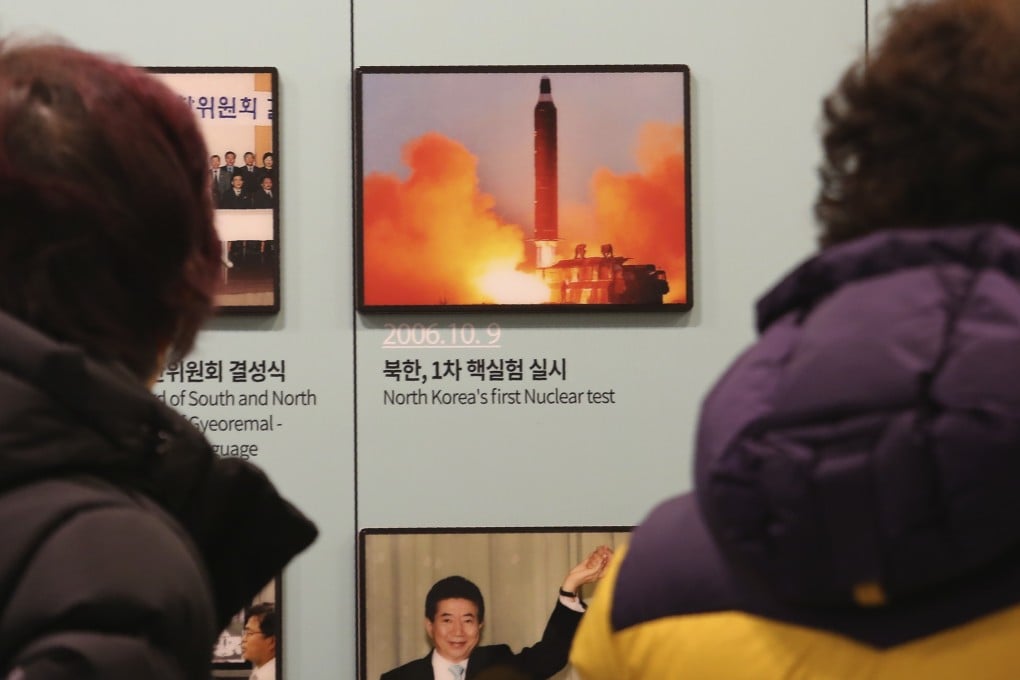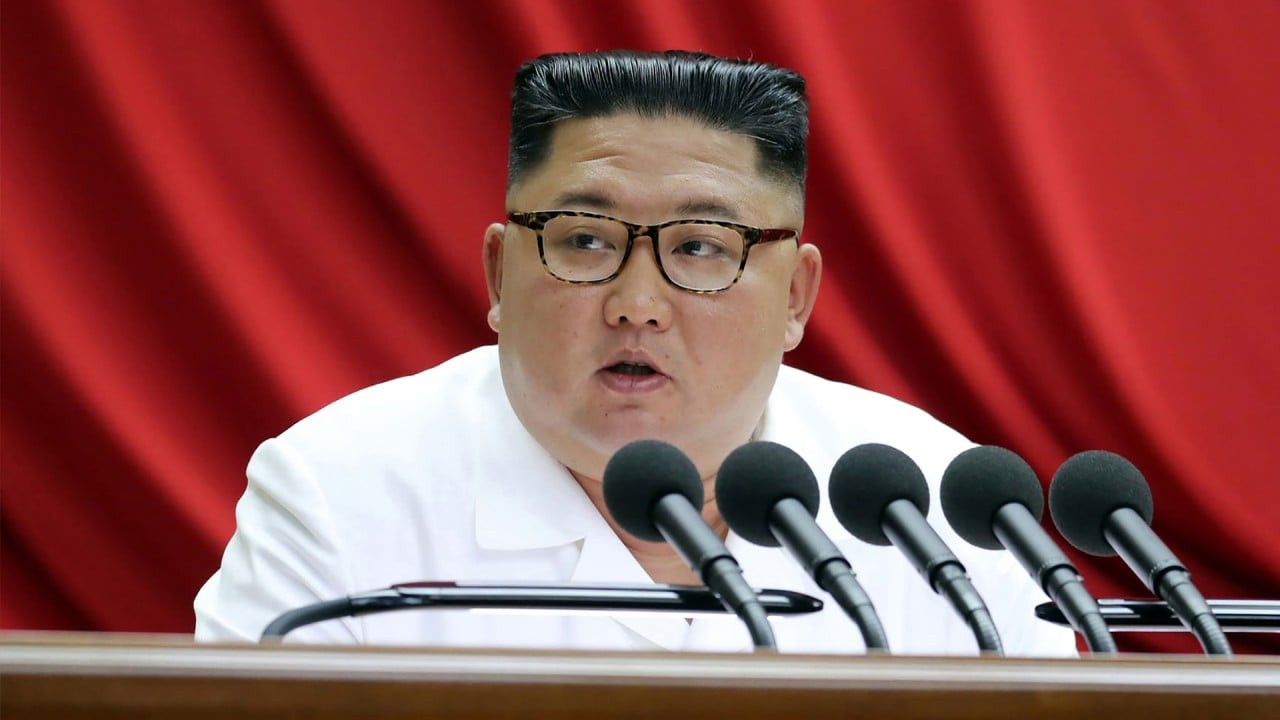Opinion | Nuclear proliferation needs a multilateral response just as much as the coronavirus pandemic
- The global nuclear weapons stockpile still stands at 13,400 warheads even three decades after the Cold War, with tensions rising across the world
- Pious words about Hiroshima and Nagasaki will ring hollow if today’s nuclear powers do not take concrete steps to reduce their arsenals

Covid-19 has shone a light on the acute vulnerabilities of our interconnected world. No country can tackle the pandemic alone, regardless of its size, strength or technological sophistication. The only way to overcome the threat is through international cooperation and transparency.
The same principles apply to an equally grave threat to the future of humanity, albeit one that rarely dominates the news. 2020 marks the 75th anniversary of the dropping of atomic bombs on Hiroshima and Nagasaki. The Treaty on the Non-Proliferation of Nuclear Weapons (NPT) has been effective for the past 50 years, with 190 countries taking part.
Yet a nuclear conflict remains a clear and present danger today. According to the latest report from the Stockholm International Peace Research Institute, the global nuclear weapons stockpile still stands at 13,400 warheads even three decades after the end of the Cold War.
When it comes to the Korean peninsula, US President Donald Trump’s attempts to build a personal rapport with North Korean leader Kim Jong-un have yielded nothing in terms of concrete progress toward North Korea’s complete denuclearisation. On the contrary, North Korea continues to strengthen its nuclear capabilities and has never given up its ambition to acquire de facto nuclear status.

01:47
North Korea’s leader Kim Jong-un warns of ‘new strategic weapon’
All of this bodes ill when Covid-19 consumes world leaders’ attention and has put on hold the habitual rhythms and practices of international diplomacy.
